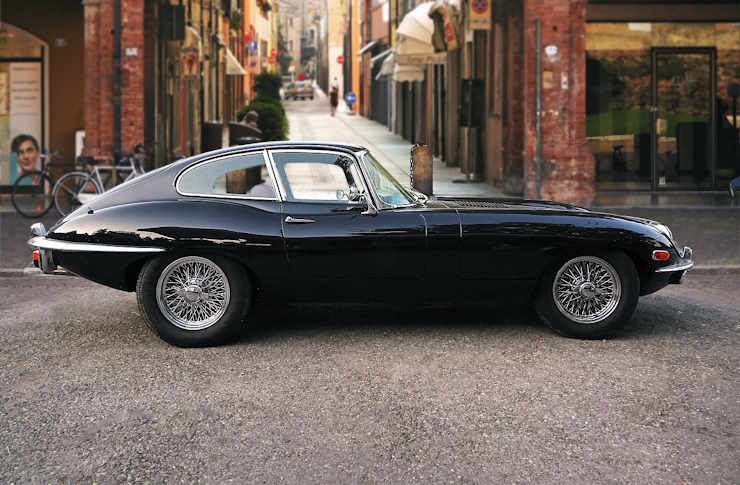The Unseen Threads: How Fashion Influences Society
In the vast tapestry of human history, the role of fashion as a social and cultural marker often goes unnoticed. Yet, fashion has always been a powerful indicator of societal shifts and trends. From the stiff corsets of Victorian England to the casual jeans of modern America, fashion encapsulates the zeitgeist of an era. In this article, we delve into the unseen threads of fashion, exploring its sociological significance and its influence on modern society.

Fashion and Society: A Historical Overview
The relationship between fashion and society dates back to ancient civilizations. Clothing was not just a necessity but a symbol of social status and cultural identity. The Egyptians, for example, used clothing to differentiate between classes, with the Pharaohs donning elaborate costumes, signifying their divine status. In medieval Europe, sumptuary laws restricted the wearing of certain fabrics and colors to specific classes, reinforcing social hierarchies.
The Modern Fashion Landscape
Fast forward to the 21st century, and the fashion landscape has drastically transformed. The rise of fast fashion, influenced by the acceleration of trends through social media, has democratized style, making it accessible to the masses. Today, fashion is no longer a privilege of the elite but a universal platform for self-expression and identity formation.
Fashion as a Social Narrative
Despite its commercialization, fashion remains a potent social narrative. It reflects societal shifts, cultural transformations, and changing attitudes. For instance, the feminist movement of the 1960s and 70s saw a surge in pantsuits for women, symbolizing their demand for equality. The recent popularity of sustainable fashion echoes the growing societal concern for the environment.
The Societal Impact of Fashion Trends
Fashion trends can shape societal behaviors and attitudes. The adoption of athleisure, for instance, reflects a shift towards a more health-conscious society. Similarly, the rise of gender-neutral fashion signifies a movement towards a more inclusive society, challenging traditional gender norms.
Fashion as a Societal Mirror
In conclusion, fashion is a mirror reflecting societal changes and cultural shifts. It is an integral part of our societal fabric, woven into our history, identity, and everyday lives. As we move forward, it is crucial to recognize the power of fashion as a social influencer and a catalyst for change.
Fashion is more than just clothes. It is a language, a form of communication, and a reflection of our collective consciousness. As we navigate through the maze of trends and styles, we must remember that each fashion choice we make, big or small, is a statement about who we are, what we believe in, and the society we envision.




